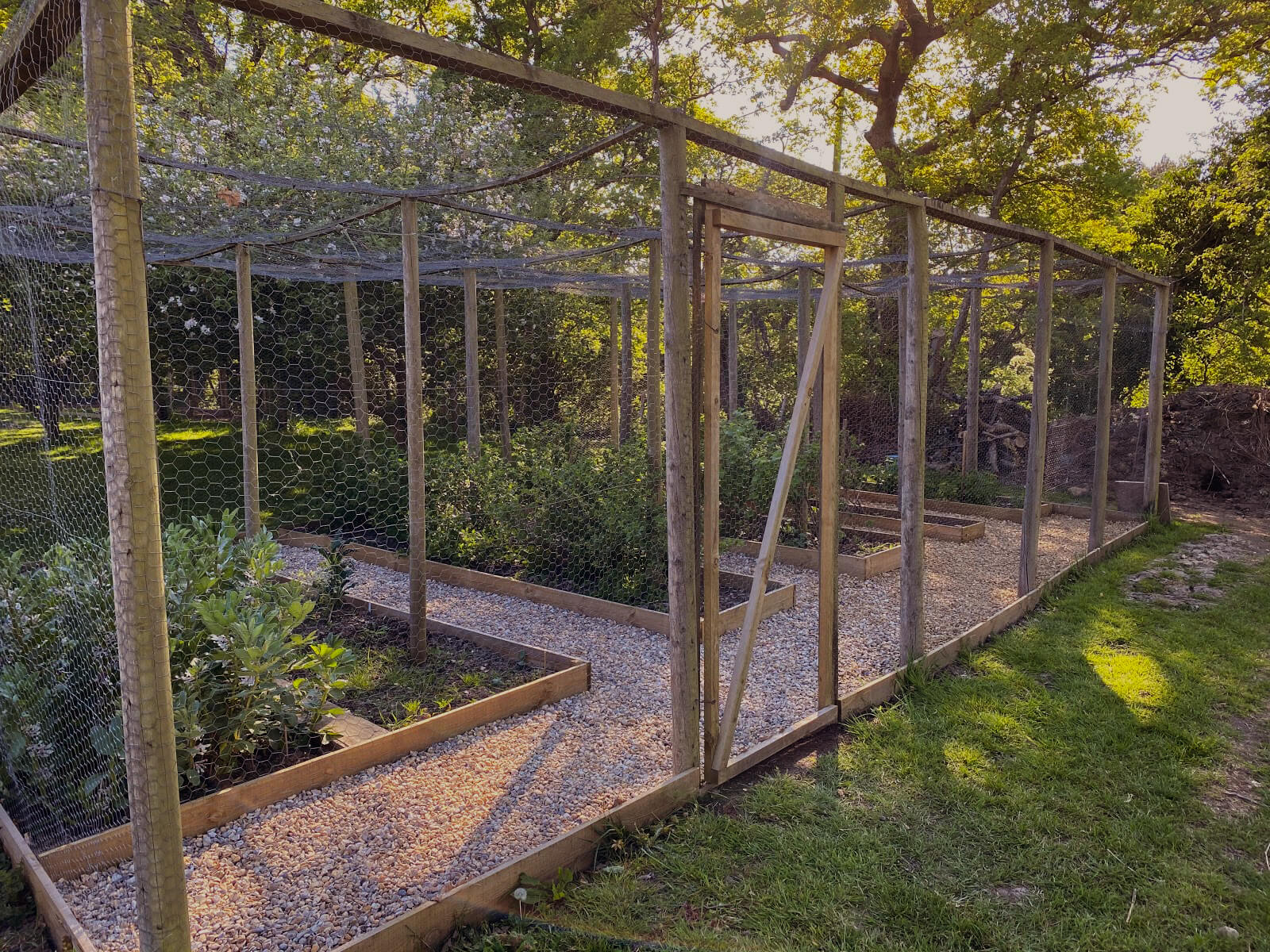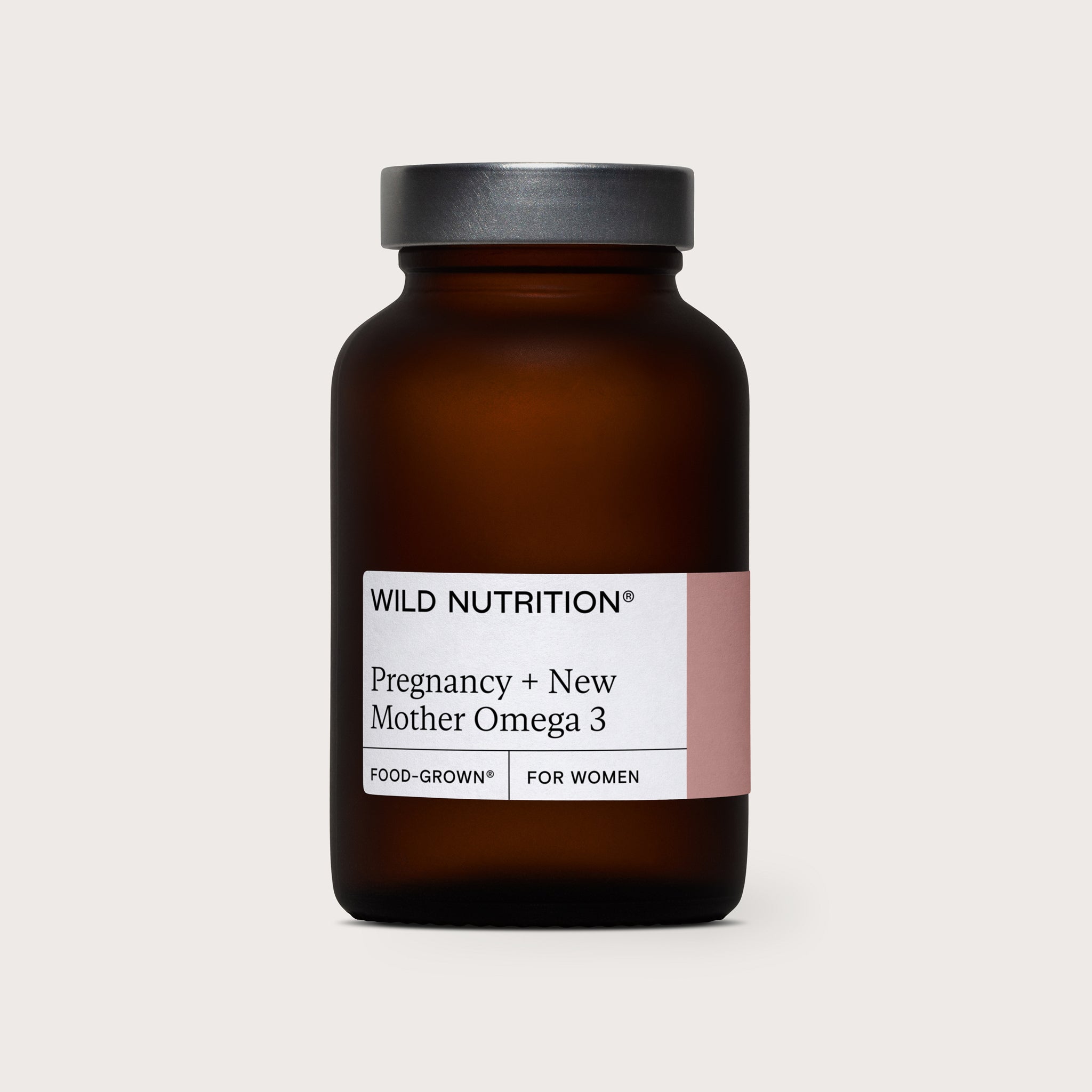
6 tips for successful gardening
Hello, I’m Nicola. I work in the Customer Care team here at Wild Nutrition. Even before working for Wild I was interested in the health and wellbeing field. I enjoy the outdoors and have been working on growing my own organic produce with my partner for the last two years. This fits my lifestyle trying to be as ethical, sustainable and natural with my choices in life.
As we head into Spring I thought I would share some of Team Wild’s keen gardeners with tips and inspiration to help you create your own personal, at-home supply of fresh vegetables, herbs, and fruit. Whether this consists of a few plants on a kitchen windowsill, an easily assembled garden bed, or something more elaborate, there’s nothing quite as delicious as freshly-picked produce.

Consuming more fruits and vegetables is an easy way to support your overall health. Packed full of essential nutrients and minerals, they help to keep your body running more efficiently - not to mention gardening outdoors will increase your exposure to that all essential Vitamin D. Gardening can also be a great mindful activity and is a natural stress reliever, providing a welcomed break from our increasingly tech-dominated lives.
Tips for success
1. Starting small
The best way to start a vegetable patch is to work on one area at a time. Know what it is you want to grow and get that perfected. Consider the sorts of food you might like to eat to avoid food waste and to maximise the reward you get from your new hobby.
2. Preparing your plot
Setting up your garden bed is one of the most important things when starting. If you pick a good spot, you’ll set yourself up for years of success. Healthy rich soil and plenty of sunshine is needed. Most vegetables need at least 6 hours of direct sunlight per day although some cool-season veg such as spinach, cabbage and radishes can be grown in part shade. The plants that need the most light are fruiting things, like tomatoes and peppers.
3. Fertilisation
Fertilisers work by providing essential nutrients to developing plants, it’s a kind of multivitamin for the plant world. Organically grown vegetables contain more nutrients compared to non-organically grown. Tip: Why not create a compost pile using kitchen scraps and organic garden debris. By building a compost pile, you can turn organic scraps into natural fertilisers for your garden.
4. Water your garden regularly
Regular watering is as important to growing vegetables as sunlight. This means an inch or two per week, every week, and more if it's extremely hot!

5. Maintenance
Tasks like removing excess seedlings to avoid stunting growth, stalking where needed using bamboo poles or trellis to assist those tall and climbing vegetables, and knowing the right time to harvest are all essential.
6. Stay on top of weeds
Vegetables don’t like to compete with weeds for food and water, therefore it's important to keep up with weeding to ensure your plants stay in tip-top shape. Mulching with organic matter is a great way to stop new weeds popping up as well as improving your soil as it gradually rots down.
Vegetable seeds to sow in April
- Beetroot (Ideal for beginners)
- Spinach (Ideal for beginners)
- Carrots
- Peas (Ideal for beginners)
- Courgette
- Aubergine
- Leeks
- Squash & Pumpkin
- Lettuce (Ideal for beginners)
- Radish (Ideal for beginners)
- Turnips
- Chard












